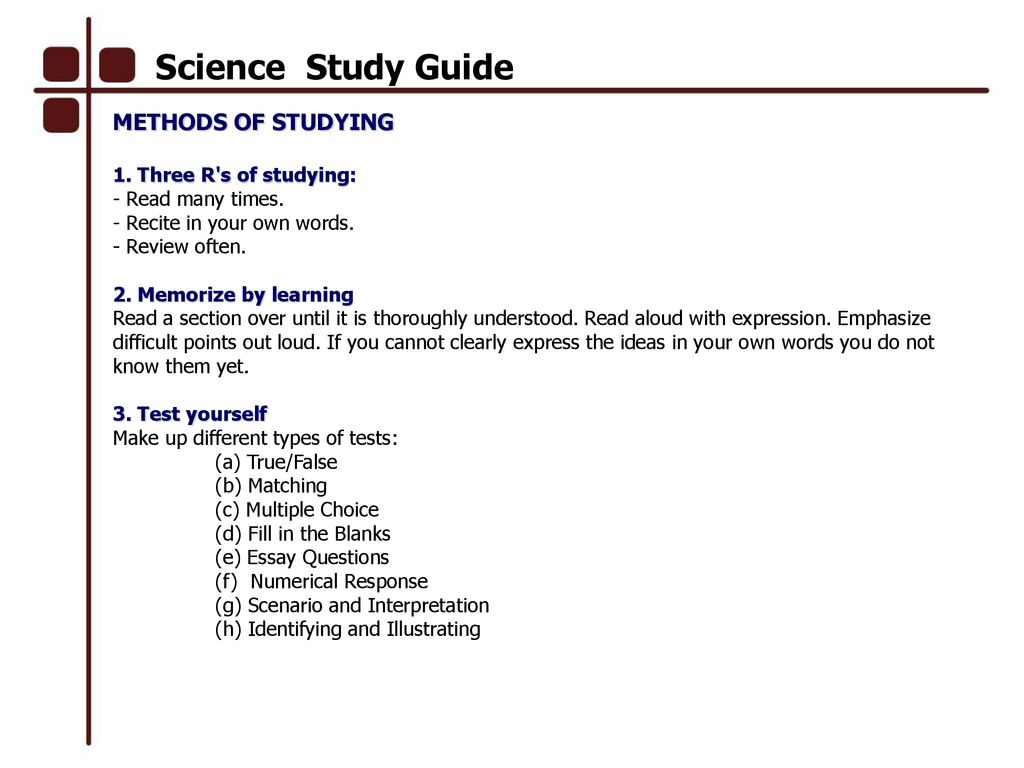
Tips on How to Study For the GRE Exam
The Student’s Guide to Learning Psychology describes different areas of study in psychology. The first step to learning about any area of psychology is to find out as much as you can about it, especially about the most important questions you have about the subject. This guide to learning psychology will help you learn how to research the subject, write a research paper, learn about the different areas of research in the field, and get a better understanding of what a professional degree program is like. Here are some of the important sections of this guide to learning psychology:
The Student’s Guide to Learning Psychology Description: All students who are interested in studying psychology should spend at least four years getting a bachelor’s degree in the cognitive sciences. After that, students should complete four more years of graduate work in order to become a licensed professional psychologist. A prerequisite for entering the graduate program is a grade of at least 3.4 on a standardized test known as the GRE. Students should also take at least one year of anatomy, chemistry, and biology classes as well as foreign language courses. Some colleges and universities require taking at least one year of psychology courses as well as lab experience. If a student has already completed an undergraduate degree in psychology and wants to enter an undergraduate program in the field, he or she may need to take the GRE before applying.
The Student’s Guide to Understanding and Applying Studying Techniques: Although studying for and taking the GRE exam requires study, there are some strategies and techniques that should be used when studying for and taking these exams. These strategies are described in the Guide to studying for the GRE. Students should employ proper study techniques such as self-motivation, visualization, scheduling, and scheduling (preparation) and rest. This study guide also gives descriptions of different types of strategies that students should employ when studying for the GRE.
Time Management Strategies: In terms of studying for the GRE exam time management is an important factor. Students should schedule a little time each day to read the Guide to studying for the GRE. The student should schedule time to review topics that have been covered and should plan to do a little reading each day. A student should set time in his or her day to go over only the information that is absolutely necessary for passing the exams. Furthermore, the student should schedule time for any new information that comes into his or her mind.
Self-motivation: It is advisable for people to follow a routine when studying for exams. For instance, if a person has four GRE study guides, he or she should follow all four in order to fully prepare for the examinations. Doing this will help the person keep track of his or her progress in studying for the exams. In addition, individuals should remember that their performance in the exams will be closely tied to the quality of the study guides that they use. For instance, if a person uses bad study guides, he or she may find it very difficult to pass his or her exams.
Principle: The principle behind brainscape is to make the brain function better. This is best achieved by ensuring that the student’s mind and concentration are fully engaged with the materials. For instance, when listening to a lecture, the listeners should not be interrupted and they should remain with the professor throughout the lecture. Similarly, individuals should make sure to close their eyes when reading a textbook. The key to solving problems lies in engaging one’s mind and concentration in real-time.